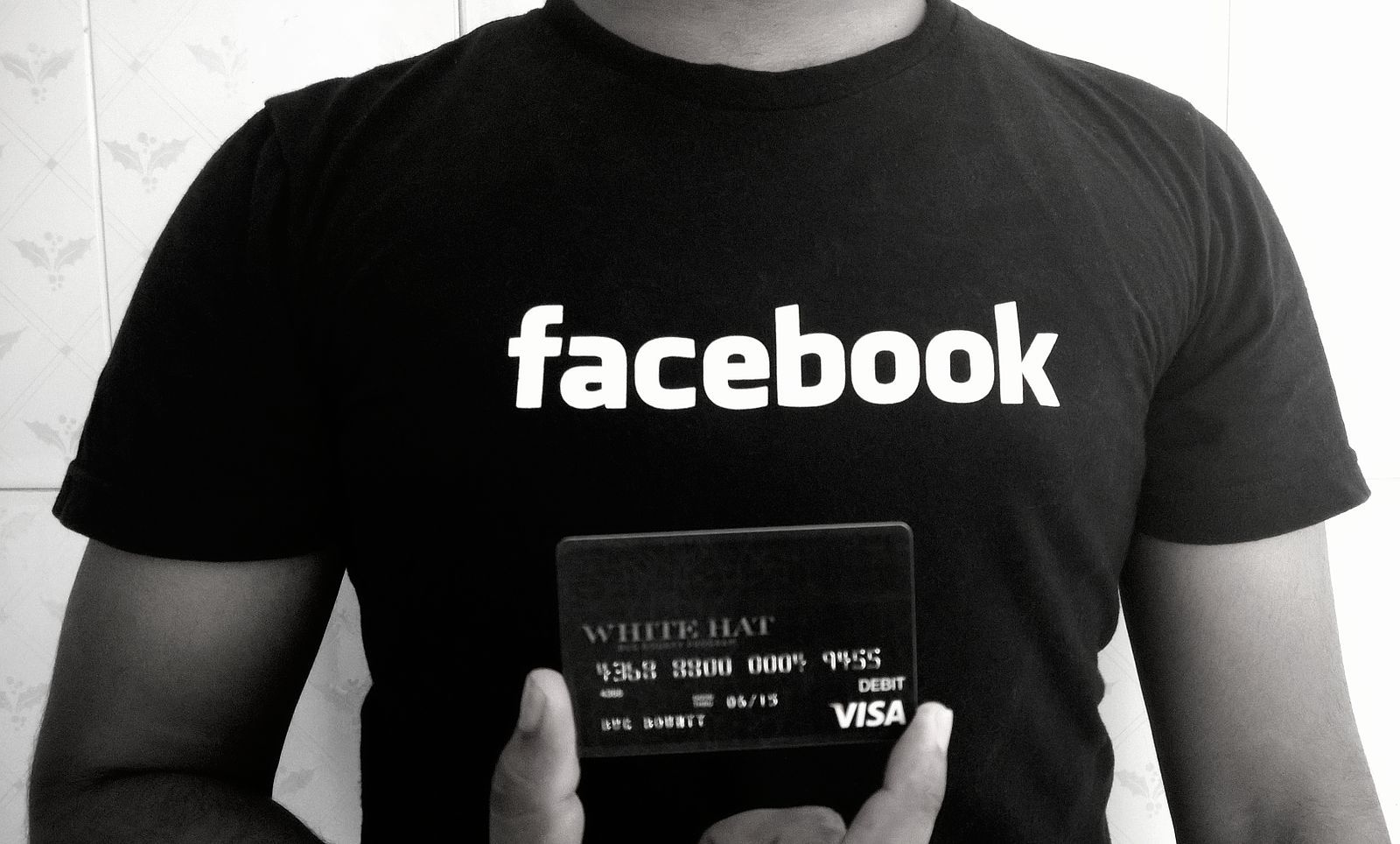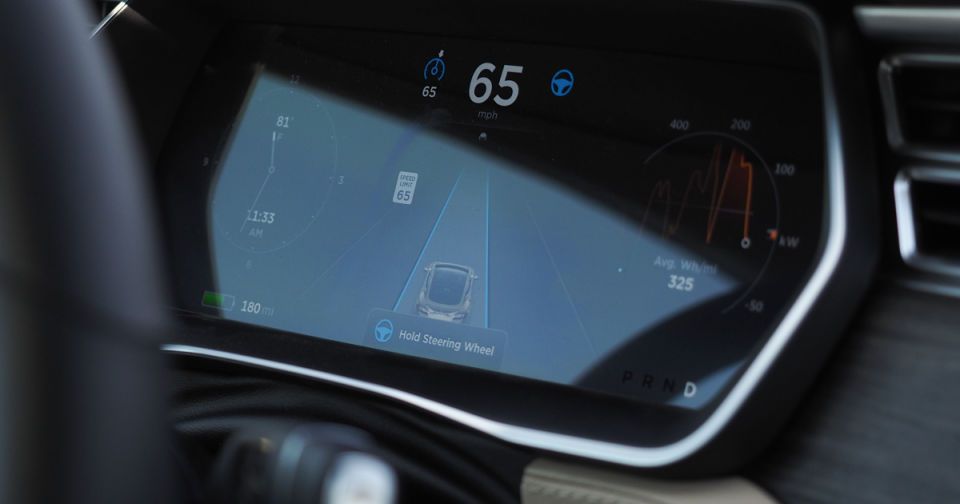
Every time you log in to Facebook, every time you click on your News Feed, every time you Like a photo, every time you send anything via Messenger, you add another data point to the galaxy they already have regarding you and your behavior. That, in turn, is a tiny, insignificant dot within their vast universe of information about their billion-plus users.
It is probable that Facebook boasts the broadest, deepest, and most comprehensive dataset of human information, interests, and activity ever collected. (Only the NSA knows for sure.) Google probably has more raw data, between Android and searches–but the data they collect is (mostly) much less personal. Of all the Stacks, I think it’s fair to say, Facebook almost certainly knows you best.
They can use this data for advertising, which is contentious, I suppose; but much worse, it’s boring. What’s long been more interesting to me is the possibility of interpolating from this data, i.e. deducing from your online behavior things that you never explicitly revealed to Facebook–and extrapolating from it, i.e. predicting your reactions to new information and new situations. What’s interesting is the notion that Facebook might be able to paint an extraordinarily accurate pointillist picture of you, with all the data points you give it as the pixels.
Read more

















